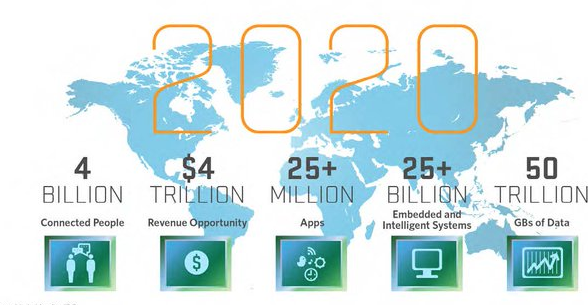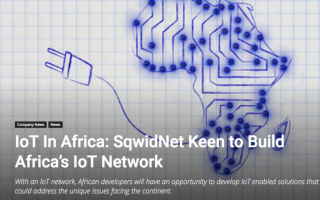IoT in Africa. Who could build a real network?
for bloggers
Do you want to manage your African country related with latin American countries and cities?
What topics and stereotypes African think of Latin?
Do you have good ideas about your African country that could help it (here, not few, but virtually)?
if you are a good thinker, visionary, hard studious, you can become our blogger in this to win money together.
Are you en expert in IoT?
The web needs order to rationalize the things.
Currently the web is done for spiders not for people.
Contact us here, info@sylodium.com for being our blogger managing this bilateral trade news between Latin America – Africa.
In revolutions, thinkers grow.
for agents
Are you in import export business?
We are the future trade system based in common sense. The basic structure in international trade via our fundamental “language business” expressed in the URLs (and domains and metas and contents)
A to B, about this, from here to there, in this way.
Contact us here, mayado@sylodium.comif you think you can be our collaborator to participate in virtual business, specially in 3D Printing and IoT and IIoT.
for companies and Institutions
Tap our unique Crossing System for targeting and multiplicate your possibilities
(Institutions and media need us).
New from Tech Financials
IoT In Africa: SqwidNet Keen to Build Africa’s IoT Network
SqwidNet is keen to expand its network to the rest of Africa, its CEO, Reshaad Sha, said on Tuesday.
The company is a subsidiary of Dark Fibre Africa and deploying an open access ultra-narrowband IoT (Internet of Things) radio network in South Africa licensed by France’s Sigfox.
Industrial Internet of Things (IIoT), also known as the Industrial Internet, brings together brilliant machines, advanced analytics, and people at work. It’s the network of a multitude of devices connected by communications technologies that results in systems that can monitor, collect, exchange, analyze, and deliver valuable new insights like never before.
These insights can then help drive smarter, faster business decisions for industrial companies in Africa.

There’s wide enthusiasm about spectacular innovations such as Intelligent refrigeratorsand driverless cars. But a quieter revolution is underway in everyday systems and facilities, such as financial services.
There are possibilities here for Africa.
Africa’s most economically developed country, South Africa, has much of the infrastructure in place to lead the market. South Africa remains the biggest market for machine to machine, followed by Kenya with deployments seen in vehicle tracking, monitoring air quality and railway track conditions. Elsewhere, Rwanda is connecting SIM cards to POS terminals in isolated areas to allow for the acceptance of credit card payments, according to the Internet of Things for Africa: Challenges and Opportunities Report.
Asked to comment on whether the South African-based firm is eyeing to build its open access IoT infrastructure in some of Africa’s matured markets, Sha said:
He wouldn’t be drawn into commenting further.
With an open access IoT network, African developers will have an opportunity to develop IoT enabled solutions that could address the unique issues facing the continent.
Many African countries have already taken advantage of IoT technology; from healthcare providers tracking the health of outpatients to utility companies using connected meters to check usage, find faults and pre-empt surges in demand, according to research firm ResearchGate.
In fact, without legacy infrastructure in place, Africa can leapfrog in a number of areas that more developed countries could find difficult.
ResearchGate added that IoT has the potential to offer a range of innovative new services and solutions to individuals across the region, and in doing so to begin to address some of the challenges it is facing, including those arising from high levels poverty and the need to extend access to basic services to currently underserved populations.
SqwidNet’s IoT network has been deployed across all of South Africa’s eight major metros and cover more than 49% of the population, and will exceed 85% population coverage by the end of the year.
The operator uses Sigfox technology to deploy IoT network, which is a critical component of the IoT ecosystem that enables low-cost, low-power, and highly secure connectivity for IoT data transmission upon which IoT devices, platforms, applications, and solutions can be developed.
This makes the Sigfox technology most suitable for Africa’s conditions.
The IoT network operators that attempt to tackle the African market will find a matured market is estimated that by 2025 to have tripled internet penetration to about 600 million people opening new opportunities, such as deployment of IoT solutions.

